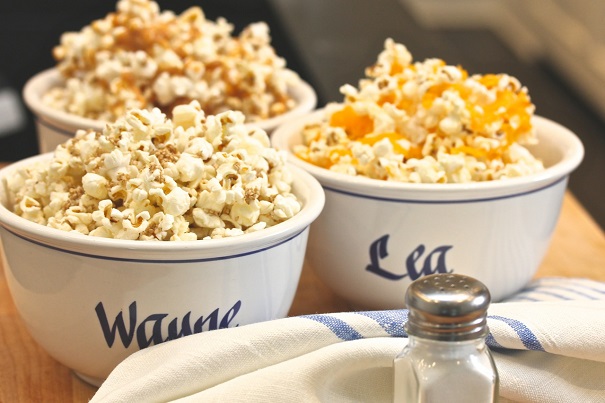
How Old Do You Have to Be to Eat Popcorn?
Have you ever wondered about the age limit for popcorn consumption? It’s a fascinating question that often sparks debates and discussions. While popcorn is generally considered a safe and nutritious snack, certain age-related factors may influence the suitability of popcorn consumption for children.
Popcorn’s unique characteristics make it a beloved treat for both young and old. But its airy texture and small kernel size pose potential risks for young children, leading to concerns about aspiration and choking hazards.
Age Recommendations
According to the American Academy of Pediatrics (AAP), children under four years of age should not consume popcorn due to the risk of aspiration, where small pieces of popcorn can accidentally enter the lungs. For children between the ages of four and five, popcorn should be given under adult supervision to minimize the risk of choking.
After the age of five, most children develop the necessary chewing and swallowing abilities to consume popcorn safely without supervision. However, parents and caregivers should always exercise caution and ensure that children are supervised while eating popcorn, regardless of age.
Tips for Safe Popcorn Consumption for Children:
To ensure a safe popcorn experience for children, consider the following tips:
- Supervise young children: Always supervise children under five years old while consuming popcorn.
- Break large kernels: Break large popcorn kernels into smaller pieces to minimize the risk of choking.
- Choose plain popcorn: Avoid popcorn with added flavors, seasonings, or toppings, which may pose additional choking hazards.
- Avoid hard kernels: Discard any hard or unpopped kernels before serving.
- Encourage chewing and swallowing: Remind children to chew popcorn thoroughly before swallowing.
Nutritional Benefits of Popcorn
While age considerations are essential for popcorn consumption, it’s also crucial to recognize its nutritional value. Popcorn is a whole-grain snack that packs a punch in terms of nutrients:
- High in fiber: Popcorn is rich in fiber, promoting digestive health and keeping you feeling full.
- Low in calories: Air-popped popcorn is a low-calorie snack, making it a healthier choice for weight management.
- Rich in antioxidants: Popcorn contains polyphenols, which act as antioxidants, protecting the body from damage.
- Good source of vitamins and minerals: Popcorn provides essential vitamins and minerals, including vitamins B6, A, and K, and manganese.
Conclusion
Navigating the right age for popcorn consumption requires a balance between safety and nutrition. By following the age recommendations and safety tips provided, parents and caregivers can ensure that their children enjoy this delicious and nutritious snack safely. Popcorn, when consumed appropriately, can be a part of a healthy diet for children and adults alike.
Let us know if you found this information helpful. Happy popcorn munching!
Frequently Asked Questions (FAQs)
Q: Can children under four eat popcorn?
A: No, children under four years old should not consume popcorn due to the risk of aspiration.
Q: What is the recommended age to supervise children while eating popcorn?
A: Children between the ages of four and five should be supervised while consuming popcorn to prevent choking.
Q: What are the nutritional benefits of popcorn?
A: Popcorn is high in fiber, low in calories, and a good source of antioxidants, vitamins, and minerals.
Q: How can I minimize the choking hazard of popcorn?
A: Break large kernels into smaller pieces, avoid flavored or seasoned popcorn, discard hard or unpopped kernels, and encourage children to chew and swallow thoroughly.

Image: www.youtube.com

Image: www.youtube.com
15 Ways to Eat Your Popcorn – Foodie With Family Dec 5, 2023A toddler’s diet should consist of soft foods that are easily mashable, according to Dr. Casarees. “Toddlers should avoid all small, round pieces of food that can get stuck in the airway or be aspirated.”. Examples of this include nuts, popcorn, whole grapes, and hot dogs. However, just because a food is mushy doesn’t mean it’s safe.